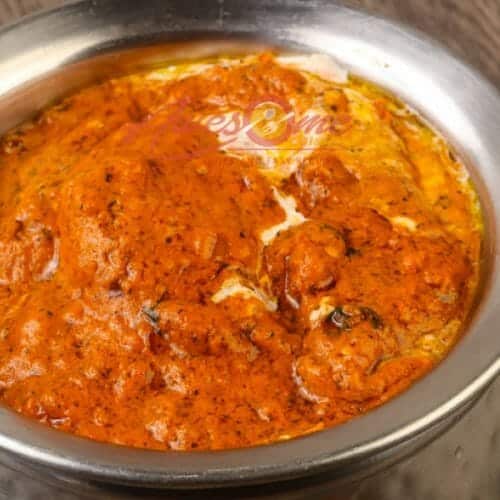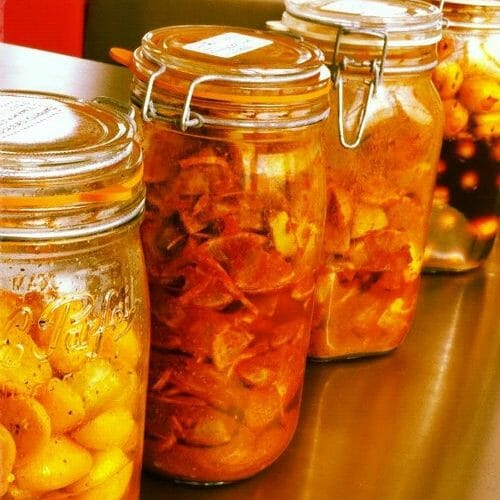Olive oil is popular in Indian cooking for its health benefits compared to other oils. Recent scientific research indicates a growing preference for olive oil among Indians for cooking purposes. Olive oil also helps with weight loss and mitigates the chances of cancer. Extra virgin olive oil is healthier than refined oils with trans fats. It is also a healthy choice when striving to control insulin sensitivity.
From adding flavour to dals and curries to roasting vegetables and marinating meats, there are numerous delicious ways you can use olive oil when cooking Indian food. Let’s explore olive oil’s centuries-old role in Mediterranean and Indian cuisines for flavour and health. In this blog, we will understand how to substitute with extra-virgin olive oil for heart benefits while learning about the best practices and cooking tips for maximising flavour and nutrition in your dishes. So, let’s dive in:-
Definition Of Olive Oil
Olive oil comes from olives and has lots of healthy fats and vitamins like E. Extra virgin olive oil tastes great because it’s not processed much. It is not good for cooking at high heat like sunflower seed oil, which can handle more heat. That is why it’s better for lower-heat cooking. Besides being good for your heart, olive oil makes food taste great. Let’s learn more about using olive oil for cooking.
What are the health benefits of olive oil for cooking?
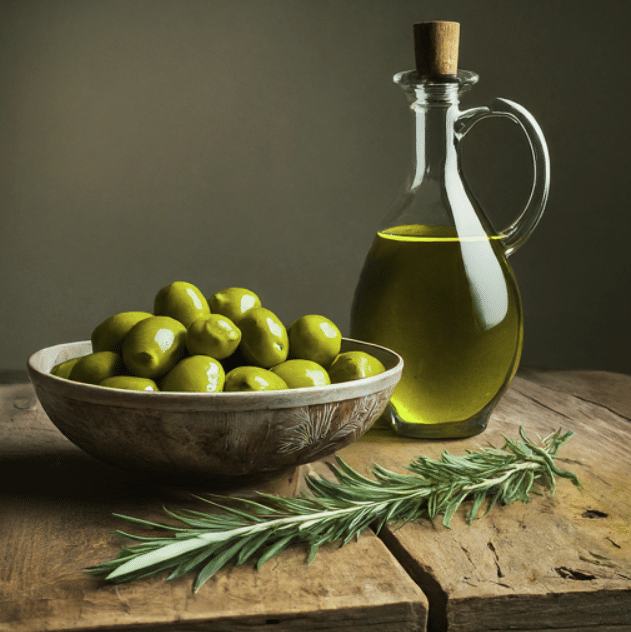
Benefits of cooking with olive oil
Using olive oil for cooking offers several benefits. It is rich in heart-healthy monounsaturated fats and antioxidants, which can help reduce the risk of heart disease, lower blood pressure, and protect against inflammation and oxidative stress.
It can improve heart health by reducing LDL cholesterol levels and blood pressure. Olive oil is also a healthier option compared to other cooking oils, as it contains fewer calories and promotes weight loss.
Choosing the Right Type of Olive Oil for Each Dish
In Indian cooking, there are different types of olive oil. Choosing the right type of olive oil is crucial for achieving the desired flavour and cooking results. There are several types of olive oil available, each with its own characteristics and best uses.
Types of olive oil for cooking
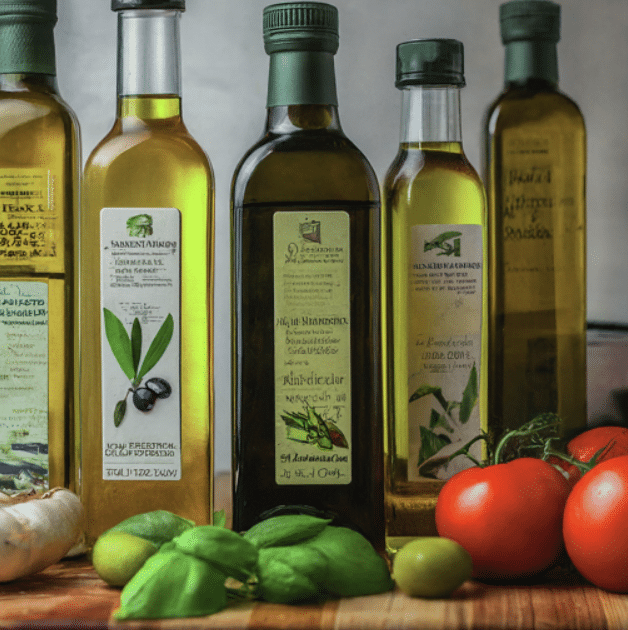
Types of olive oil for cooking
Extra virgin olive oil (EVOO) is the highest quality olive oil, made from the first pressing of olives. It has a rich flavour and vibrant colour, ideal for salads, finishing dishes, dressings, and marinades.
Virgin olive oil is slightly lower in quality and has a milder taste. It’s great for everyday cooking, such as sautéing and roasting.
Pure olive oil, also known as “light olive oil,” is a blend of refined and virgin olive oils. It has a lighter flavour and higher smoke point, making it suitable for high-heat cooking methods like frying and grilling when a neutral taste is needed.
By selecting the appropriate type of olive oil for each dish, you can ensure that the flavours and cooking are enhanced.
The most common choice is extra virgin olive oil, known for its high quality and minimal processing. This type of oil has a unique flavour that complements the spices in Indian cuisine.
For a milder option that complements your dish without overpowering it, try light or mild olive oils. They are less intense than extra-virgin olive oil but still offer health benefits.
Look for ‘cold pressed’ labels when choosing oil for maximum nutrients. With a range of options available in Indian supermarkets, you’ll find the perfect choice for any recipe!
Olive oil cooking techniques
Select olive oil wisely: extra virgin for robust flavour, lighter for delicate dishes. Use extra virgin for medium heat and refined for high heat. Choose based on the dish to enhance your cooking flavours.
Mastering the Art of Sautéing with Olive Oil
Sautéing swiftly cooks food in olive oil over medium heat, enhancing flavour and texture. Ideal for veggies, meats, seafood, and pasta; vary ingredients for tasty dishes.
The Secrets to Perfect Olive Oil Roasting
Roasting slowly caramelises ingredients, intensifying flavours; olive oil enriches and crisps them. Preheat the oven, coat ingredients with olive oil, and roast for Mediterranean-inspired perfection.
How to Dress Salads and Cold Dishes with Olive Oil
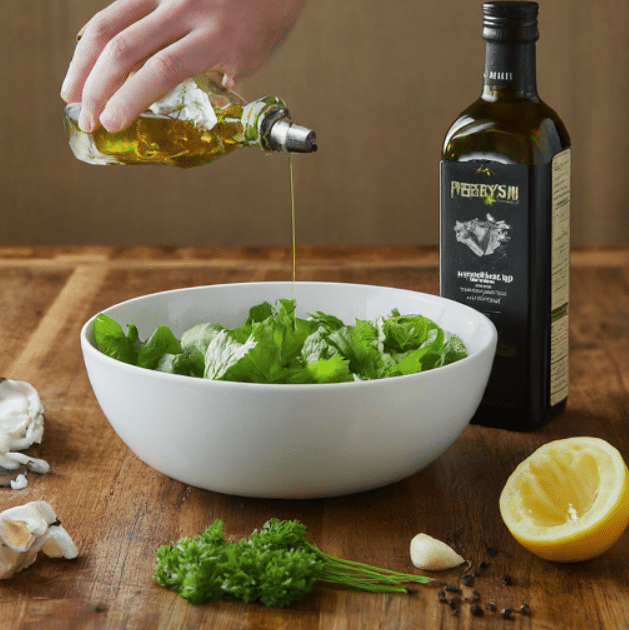
How to Dress Salads and Cold Dishes with Olive Oil
Elevate flavours with olive oil in salads; use high-quality extra virgin olive oil and mix with vinegar, herbs, and spices for dressing. Drizzle over salads, veggies, or appetisers for a healthy, flavorful touch.
Baking with Olive Oil: A Healthier Alternative
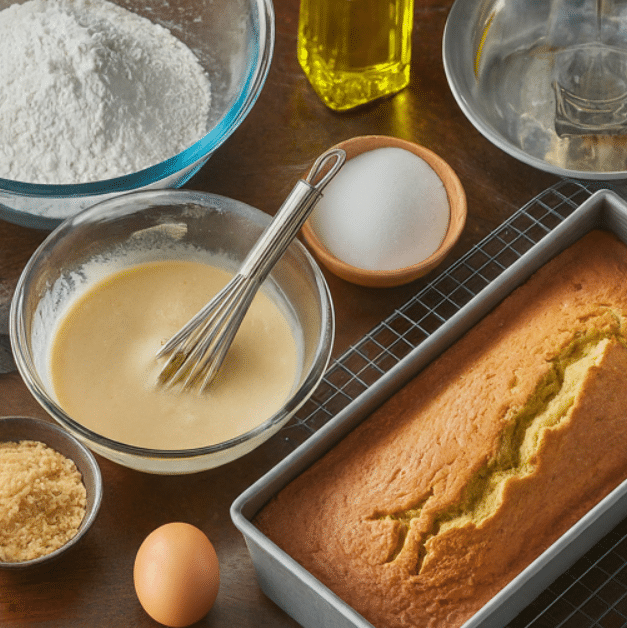
Baking with Olive Oil: A Healthier Alternative
Baking with olive oil is a healthier alternative to using butter or other cooking oils. Olive oil adds moisture and tenderness to baked goods, resulting in deliciously moist cakes, cookies, bread, and more. Here are some reasons why olive oil is a great choice for baking:
Olive oil, rich in heart-healthy monounsaturated fats, can help reduce LDL cholesterol levels and lower heart disease risk. Opt for olive oil in baking for fewer calories, tender texture, and fruity flavour. Select mild or fruity varieties to enhance baked goods with health benefits and rich taste.
Olive oil storage and shelf life for cooking
Store olive oil in a cool, dark place in airtight glass jars or metal tins to maintain freshness. Consider the pros and cons of bottles (convenient but light exposure risk) vs. tins (better sealing). Use smaller containers for long-term storage to minimise spoilage.
Best dishes to cook with olive oil
The versatility of olive oil makes it a fantastic ingredient for a wide range of recipes.
Wondering how to use olive oil for cooking?
Here are some innovative recipes featuring olive oil that you can try:
1. Mediterranean Olive Oil Pasta
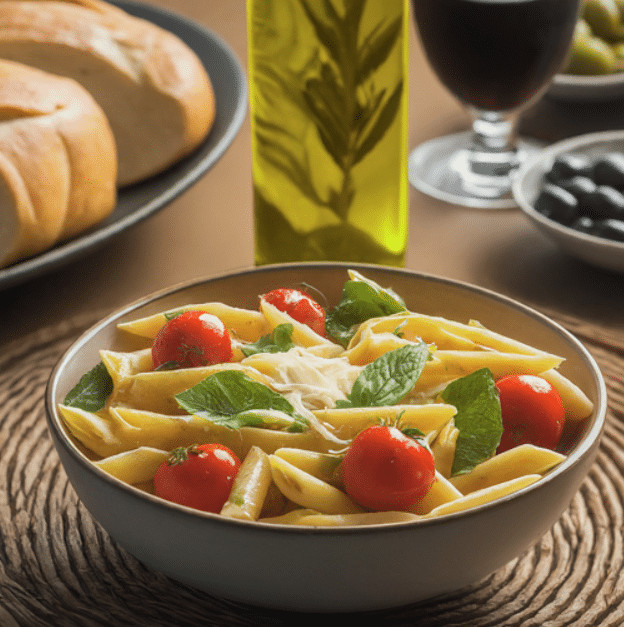
Mediterranean Olive Oil Pasta
Mediterranean Olive Oil Pasta is a simple dish that showcases the flavours of extra virgin olive oil and Mediterranean ingredients. Cook pasta until al dente. Start by frying garlic in the oil. Next, add tomatoes, olives, capers, and red pepper flakes. Stir in pasta, blend flavours, and garnish with herbs.
2. Olive Oil Infused Breads
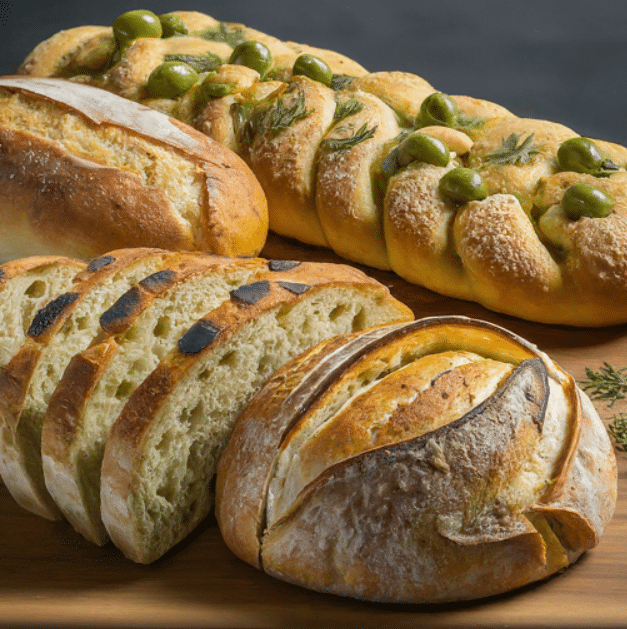
Olive Oil Infused Breads
Infusing olive oil into bread enhances its flavour and moisture. When baking, swap some butter or fats with extra virgin olive oil to create a healthier option with a distinct taste. The slices of bread can be eaten alone or used for sandwiches. They go well with toppings like tomatoes, cheese, and vegetables. Try different types of bread, herbs, and spices for a unique olive oil bread experience.
3. Savory Olive Oil Cakes and Desserts
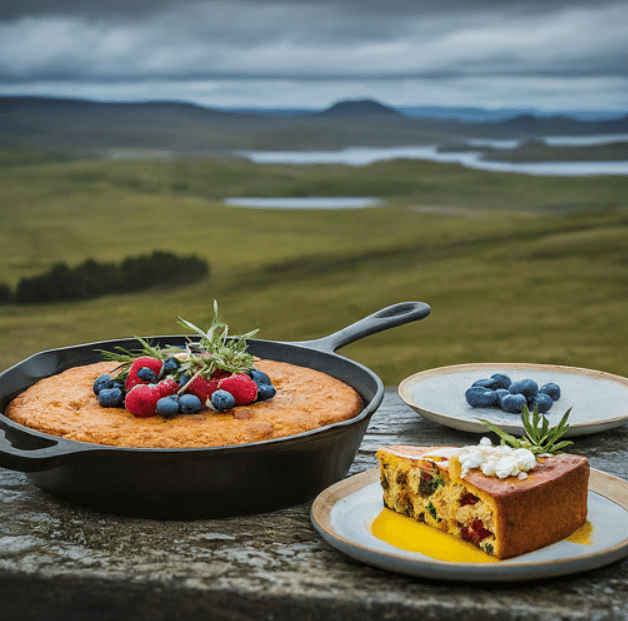
Savory Olive Oil Cakes and Desserts
Olive oil is great for cakes and desserts since it adds flavour and moisture, replacing butter or fats. These olive oil treats are lighter and healthier without sacrificing taste. Try olive oil cakes like citrus or chocolate mousse for a unique experience. It gives desserts a fruity richness, enhancing the taste. Use extra virgin olive oil for optimal flavour and health benefits when baking. Explore various recipes to discover your preferred olive oil-based treats that are delicious and nutritious.
4. Olive Oil-Based Marinades for Grilling
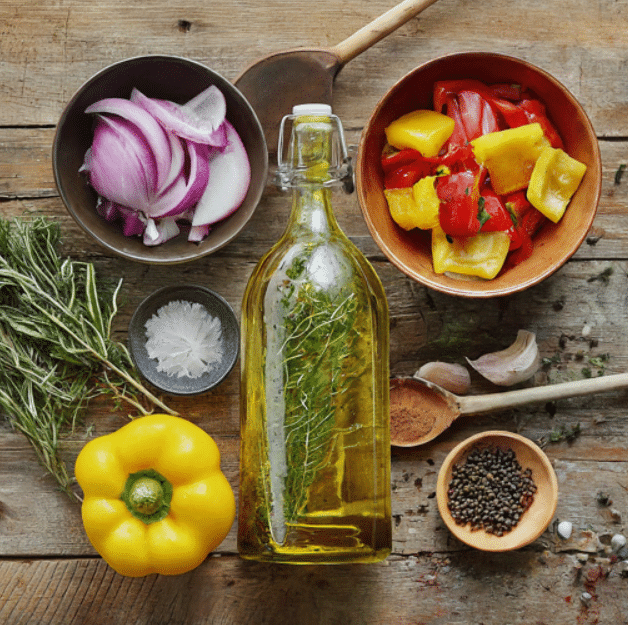
Olive Oil Based Marinades for Grilling
Marinades add flavour to grilled foods. An olive oil base mixed with herbs, spices, and citrus juice tenderises and enhances grilled dishes. Simply whisk together olive oil, garlic, lemon juice, salt, and pepper for a flavorful marinade that seals in moisture while grilling.
Best Practices For Cooking With Olive Oil
To cook your best with olive oil, follow these simple tips for great taste and health benefits:-
1. Understanding the Smoke Point of Olive Oil
Olive oil is safe for cooking, including deep frying, despite its lower smoke point. Quality impacts the smoke point; extra virgin olive oil has fewer antioxidants. Its stability and health benefits make it a secure choice for cooking.
2. Preserving the Nutritional Value During Cooking
Cooking with olive oil may reduce the nutrient composition of the oil to some extent, but many of its healthful compounds remain intact. To preserve the nutritional value of olive oil during cooking, it’s important to follow a few guidelines:
- Lower cooking temps help retain nutrients and avoid harmful compounds.
- Do not overheat to keep the oil healthy.
- Shorten cooking time for better nutrition.
- Mind cooking temp, heat exposure, and time for nutritious olive oil in meals.
3. Pairing Olive Oil with Foods for Enhanced Flavors
Pairing olive oil enhances olive oil flavour.
Tips:
- Use robust oil on grilled veggies for richness, mild oil on seafood for enhancement, and peppery oil on meats for flavour kick.
- Experiment with herbs and spices for unique taste combinations.
Conclusion
Mastering the art of cooking with olive oil opens up a world of flavorful possibilities. It is interesting to note that many of the benefits of cooking with olive oil have been known since ancient times.
From sautéing to roasting and baking, olive oil elevates dishes while offering health benefits. Whether you are looking to cook healthier or add flavour to existing dishes, adding a little olive oil could make all the difference – so embark on a culinary journey with olive oil as your trusted companion and savour both the taste and goodness it brings to your kitchen creations.
Frequently Asked Questions
How does olive oil compare to other cooking oils?
Olive oil is a healthier choice compared to many other cooking oils. It contains more monounsaturated fats and antioxidants than most vegetable oils. Olive oil has been extensively studied for its health benefits and is a key component of the Mediterranean diet.
What are some common mistakes to avoid when using olive oil for cooking?
When using olive oil for cooking, it is important to avoid common mistakes such as using excessive amounts of oil or cooking at very low heat. Be mindful of your portions, use olive oil in moderation, and ensure that the heat is appropriate for the cooking method to achieve the best results.
What are some tips to help you cook better with olive oil?
Here are some tips to help you cook better with olive oil:
- Use extra virgin olive oil for maximum flavour and health benefits.
- Use olive oil for stir-frying to enhance the flavours of the ingredients.
- Experiment with different herbs, spices, and acids in your salad dressings to create unique flavour profiles.











